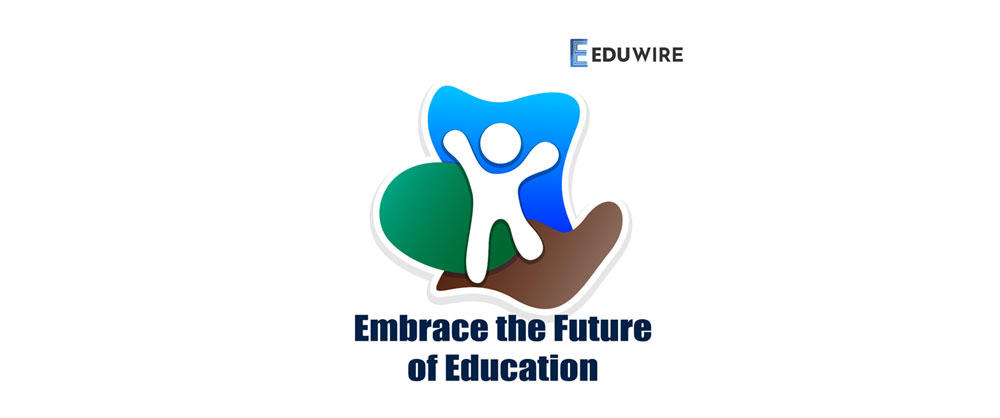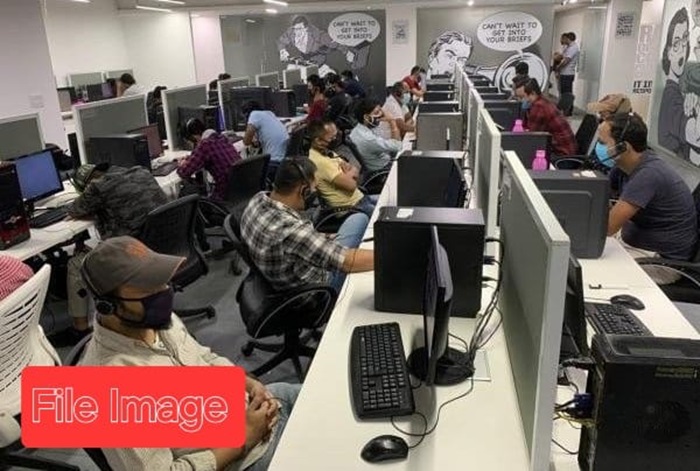Navigating the Future of Education
The Rise of Hybrid and Remote Learning

The COVID-19 pandemic has accelerated the adoption of hybrid and remote learning models, transforming the way students learn and educators teach. These models, which combine in-person and online instruction, offer flexibility and accessibility, but also present challenges that require careful consideration and planning.
One of the key advantages of hybrid and remote learning is flexibility. Students can access course materials and participate in discussions from anywhere, allowing them to balance their academic responsibilities with other commitments. For example, a student may choose to watch a lecture online during their commute or participate in a group project using collaborative online tools.
Another advantage of hybrid and remote learning is the ability to cater to diverse learning needs. Some students may thrive in a traditional classroom setting, while others may prefer the flexibility and autonomy of online learning. By offering both options, educational institutions can accommodate a wider range of learning styles and preferences.
Hybrid and remote learning also have the potential to improve access to education, particularly for students in remote or underserved areas. By leveraging technology, educational institutions can reach students who may not have access to traditional educational resources, opening up new opportunities for learning and growth.
However, hybrid and remote learning also present challenges that need to be addressed. One of the key challenges is ensuring that all students have access to the technology and resources they need to participate fully in online learning. This includes access to a reliable internet connection, devices such as laptops or tablets, and technical support.
Another challenge is maintaining engagement and motivation in a virtual learning environment. Without the social interaction and support of a physical classroom, some students may struggle to stay engaged and motivated. Educators need to use a variety of strategies, such as interactive online activities and frequent communication, to keep students engaged and connected.
In conclusion, hybrid and remote learning models offer exciting opportunities to transform education and improve access for students around the world. By carefully planning and implementing these models, educators can create engaging and inclusive learning experiences that meet the diverse needs of today’s learners.

Related News
Are Leaders Born or Made? A Personal Reflection on Finding the Leader Within
The debate about whether leaders are born or made has sparked countless discussions, and my personal belief is that true leaders are…
Read MoreSri Lanka National Association of Counsellors Releases Groundbreaking Book for Youth
Carol Gooneratne Amarasekara - SRILNAC President In celebration of World Mental Health Day, observed globally on the 10th of October, the Sri…
Read MoreACCA’s Approved Employer Program Elevates Finance Careers and Industry Standards
Ruchera Jayawardena Peries Prioritizing the needs of both professionals and employers, The Association of Chartered Certified Accountants (ACCA) is setting benchmarks in…
Read MoreBristol Institute Launches Affordable Foundation Programs for Post-O/L Students
The Bristol Institute has commenced their intake for foundation programs in Business Management and Accounting & Finance, aimed at students who have…
Read MoreBritish Council Sri Lanka & UKVI Host Seminar for UK Education Agents and School Counsellors
The British Council Sri Lanka recently hosted an interactive and informative seminar for UK education agents and school counsellors in Colombo recently.…
Read MoreCourses
-

IMC – Bachelor of Psychology
IMC Education Overview IMC Campus in partnership with Lincoln University College (LUC) Malaysia offers Bachelor of Psychology Degree right here in Sri… -

ANC – BA (Hons) International Business Management (Top-Up)
ANC Education Overview Designed in partnership with public and private business organizations, this program develops one’s ability to critically evaluate business models… -

IIT – BSc (Hons) Computer Science
IIT Campus Overview BSc (Hons) Computer Science provides a solid foundation and training regarding the fundamentals of the computer science field, along… -

APIIT – BSc (Hons) Cyber Security
APIIT Sri Lanka Overview Our BSc (Hons) Cyber Security award is designed to launch your future career in the protection of software… -

ICBS – BSC (Hons) Business Management with Marketing Management
ICBS Overview The BSc (Hons) Business Management with Marketing program, awarded by Queen Margaret University (QMU), is a highly regarded degree that… -

UTS – Diploma of Science
UTS College Sri Lanka Overview The Diploma of Science is designed to empower you to apply scientific thinking and analysis to important… -

CSA – Master of Architecture and Environmental Design
City School of Architecture Overview The Master of Architecture and Environmental Design Degree at CSA is awarded by the University of the… -

APIIT – BSc (Hons) International Business Management
APIIT Sri Lanka Overview Increasingly businesses are becoming more and more international. This requires business management professionals to have knowledge, skills and… -

IIT – BSc (Hons) Artificial Intelligence And Data Science
IIT Campus Overview The BSc (Hons) Artificial Intelligence and Data Science course is awarded by Robert Gordon University (RGU) in the UK… -

ICBS – International Degree Foundation in Business / IT
ICBS Overview The Scottish Qualification Authority (SQA) is a globally recognized organization dedicated to education and qualification development. SQA is responsible for… -

APIIT – BA (Hons) Finance and Business Enterprise
APIIT Sri Lanka Overview Finance and accounting are no longer just about taxation and the management of financial capital. This award will… -

APIIT – MBA General
APIIT Sri Lanka Overview The MBA is awarded by Staffordshire University, UK. This award is an advanced course of study in management… -

ANC – LLM in International Business & Commercial Law
ANC Education Overview This course is designed for graduates of law, business and finance in a legal or a corporate job role… -

AOD – BA (Hons) Fashion Design and Marketing
Academy of Design Overview The syllabus is from the UK’s Northumbria University, as one of their most revered flagship programmes and is… -

APIIT – MSc. Marketing Management
APIIT Sri Lanka Overview This MSc Marketing Management degree – awarded by Staffordshire University, UK is an advanced course of study in…
Newswire
-

40 foreigners involved in online scams arrested in Sri Lanka
ON: October 6, 2024 -

Advisory for several lightning issued
ON: October 6, 2024 -

IRD exceeds 70% of 2024 revenue targets
ON: October 6, 2024 -

Sri Lanka’s Vehicle Imports : What we know so far
ON: October 6, 2024











